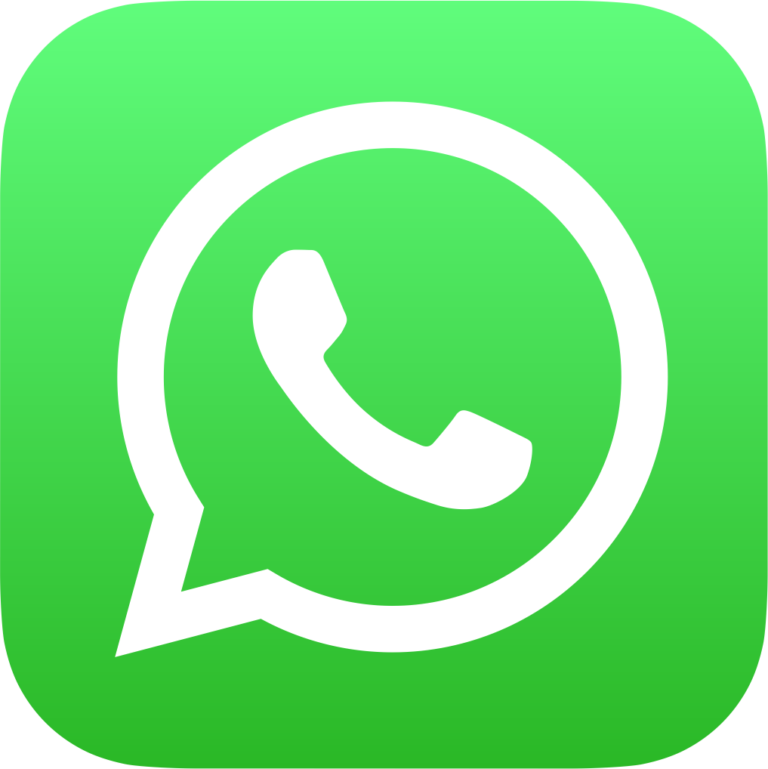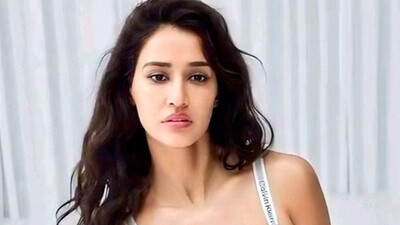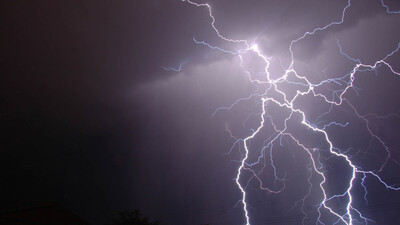Recommended Stories
The decision to award Qatar hosting rights for the FIFA World Cup 2022 has been marred by several controversies, including allegations of corruption and human rights violations.
Here is a look at some major controversial issues so far:
Corruption allegations
The organisers have strongly denied allegations from the US Department of Justice that bribes were paid to secure votes when the hosting rights for the tournament were awarded 12 years ago. Suspicion and rumours have long surrounded the handing over of hosting 2022 tournament right to Qatar. Prosecutors set direct and formal allegations regarding it in an indictment in 2020. However, Qatar’s supreme committee for delivery and legacy has rejected the charges.
Migrant workers’ welfare
Host Qatar has faced intense criticism from human rights groups over its unfair treatment of migrant workers, who with other foreigners comprise the bulk of the country’s population. Amnesty, Reality Check 2021 has prepared a 48-page report which suggests that practices such as withholding salaries and charging workers to change jobs were still rife, despite labour reforms in 2014.
However, the government of Qatar said its labour system was still a work in progress but denied allegations in the report that thousands of migrant workers in the 2022 World Cup host nation were being trapped and exploited.
LGBT and women’s rights
Homosexuality is illegal in the conservative Muslim country. Some soccer players have raised concerns for fans travelling for the event, especially lesbian, gay, bisexual and transgender (LGBT) individuals and women, whose rights groups say Qatari laws discriminate against their rights.
However, the organisers have repeatedly said that everyone, no matter their sexual orientation or background, are welcome during the tournament.
Alcohol control
FIFA World Cup 2022 will be the first to be held in a country with strict controls on alcohol. It will be a challenge for the organisers of an event sponsored by a beer brand and often associated with beer-drinking fans.
The country will let ticketed fans buy beer at matches starting three hours before kickoff and for one hour after the final whistle, but not during the match.










